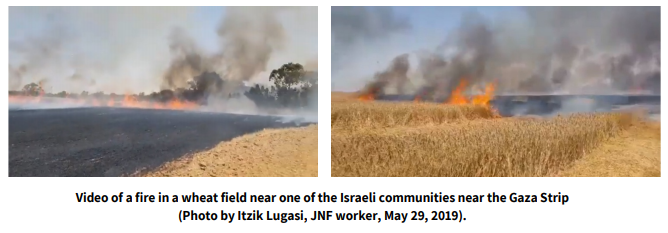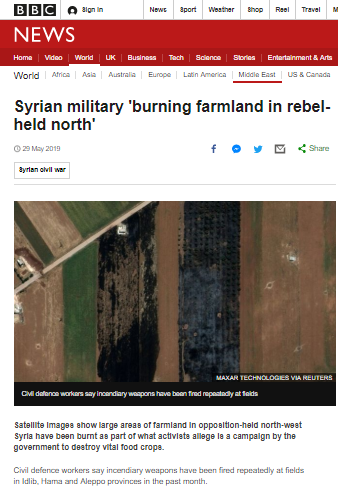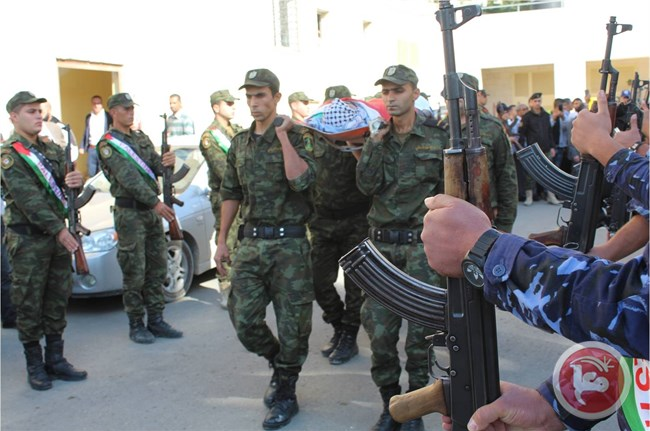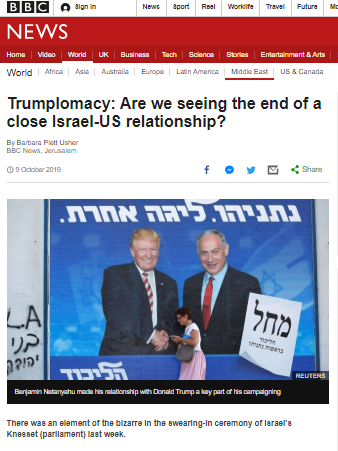Last year we documented how it took the BBC three months to get round to producing one short report about the arson attacks perpetrated by Palestinians in the Gaza Strip within the framework of the ‘Great Return March’ which resulted in the destruction of thousands of acres of nature reserves, woodland and farm land in nearby Israeli communities.
A two and a half minute BBC News video on a story ignored for three months
No additional reporting on that topic has been seen in the past eleven months even though the attacks have continued and even been ‘upgraded’ to include airborne explosive devices. The BBC of course continues to portray the activities of Gaza Strip residents along the border with Israel as “protests”.
The ITIC reports that:
“Since the ceasefire (May 6, 2019) that ended the most recent round of escalation, there has been a gradual increase in the launching of incendiary and IED balloons from the Gaza Strip. During the past two weeks it has become intensive and systematic, and caused scores of fires near the Israeli communities near the Gaza Strip border. […]
During the long span of arson terrorism attacks (more than a year), more than 2000 fires have been set in Israel (according to data from the Israel Fire and Rescue Services in the southern district and the Jewish National Fund (JNF)), burning approximately 8700 acres (JNF). Most of the fires broke out near the Israeli communities near the Gaza Strip, burning agricultural fields, natural forests and nature preserves. Arson terrorism also contributed to the disruption of daily life in the local Israeli communities and caused moral and psychological damage.”
Since that last round of escalation in early May BBC audiences have seen plenty of reporting concerning the Gaza Strip – including an interview with a Hamas spokesman – but no coverage of the increased arson attacks launched from that territory which have caused damage to crops.

However, visitors to the BBC News website on May 29th did learn about the deliberate burning of agricultural land in another location.
Titled “Syrian military ‘burning farmland in rebel-held north’”, the report informs readers that:
“Satellite images show large areas of farmland in opposition-held north-west Syria have been burnt as part of what activists allege is a campaign by the government to destroy vital food crops.
Civil defence workers say incendiary weapons have been fired repeatedly at fields in Idlib, Hama and Aleppo provinces in the past month. […]
The Syria Civil Defence – whose rescue workers are known as the White Helmets – accuses the government and its ally Russia of seeking to “burn all aspects of life” in the last region still held by the opposition after eight years of war.
In addition to bombing residential areas, it says, the Syrian and Russian militaries have targeted farmland with rockets and shells containing incendiary chemicals, causing “large pervasive fires which have destroyed all farm crops and deprived peasant farmers of their coming harvests”.
Satellite photographs taken at the start and end of last week by Maxar Technologies showed areas of scorched earth and plumes of smoke around the town of al-Habeet, in southern Idlib province, and neighbouring Kafr Nabouda, in northern Hama province.”
So if the deliberate burning of farmland in northern Syria is newsworthy – as it of course should be – why has the BBC not produced any reporting on similar events in southern Israel in the past eleven months?
Related Articles:
A ‘Great Return March’ story BBC audiences have not been told




